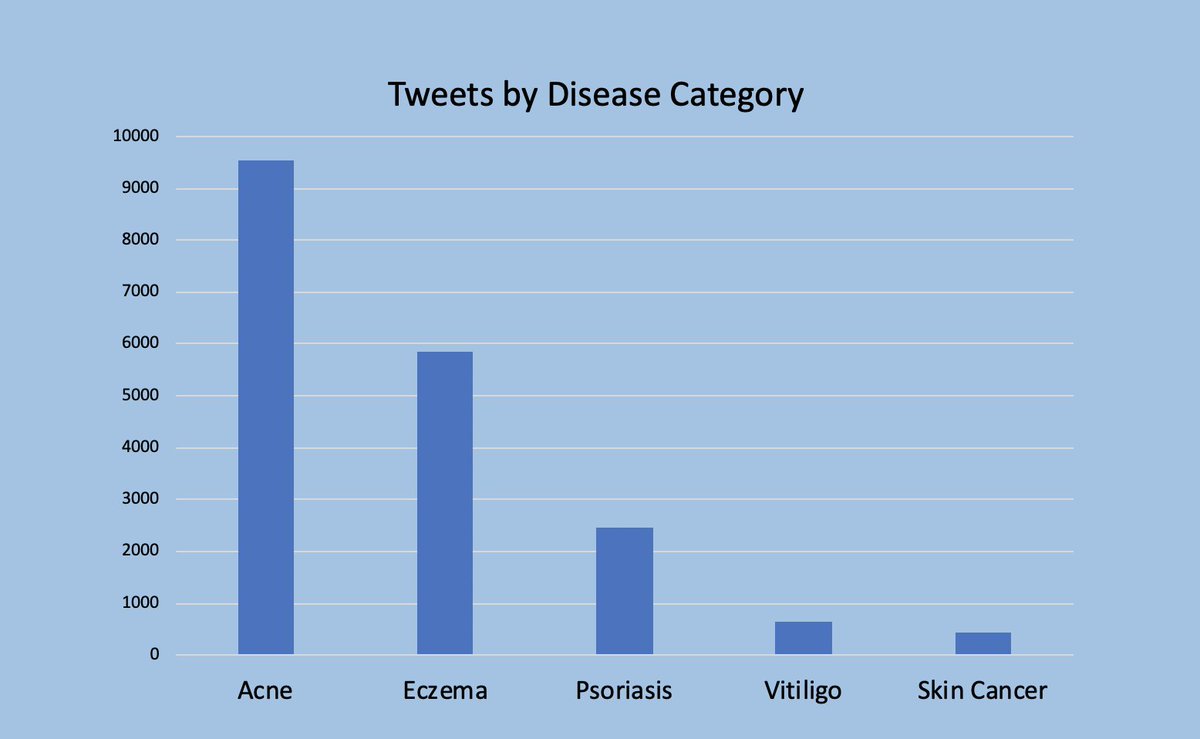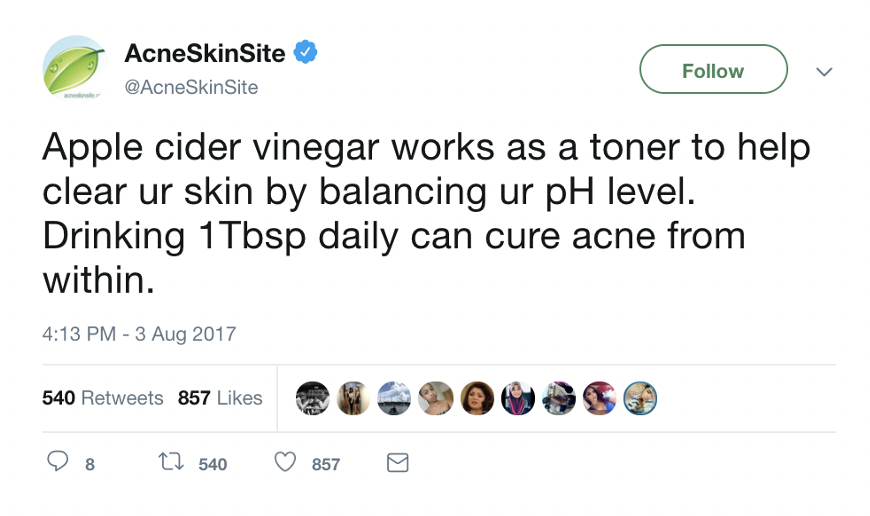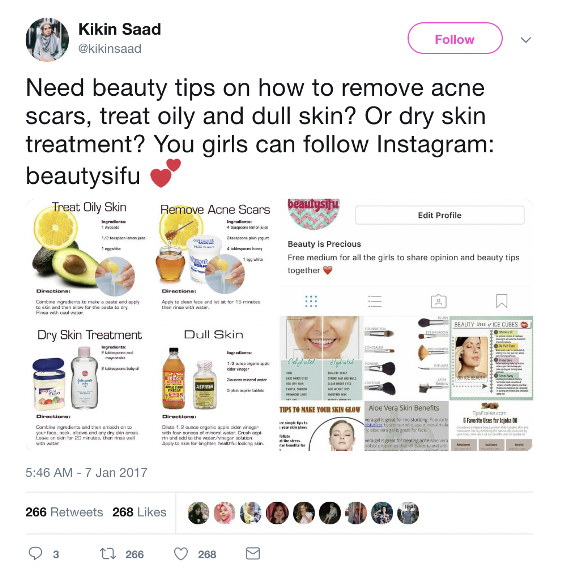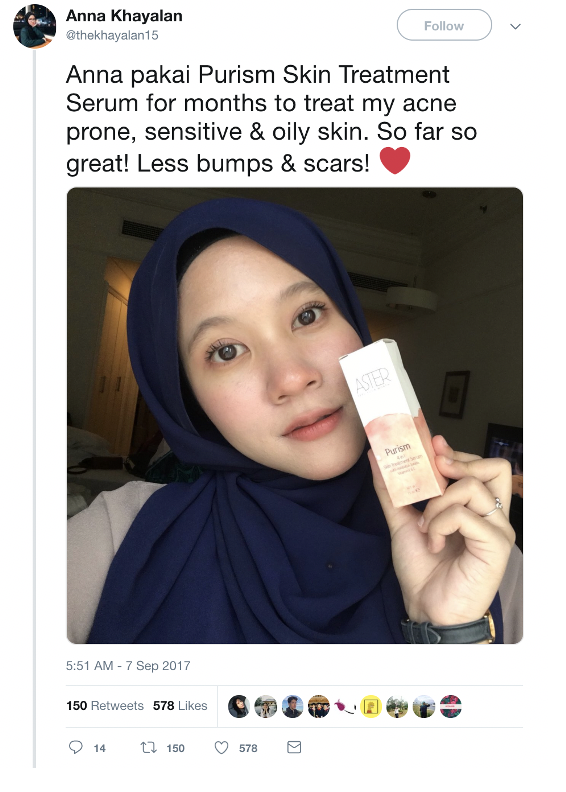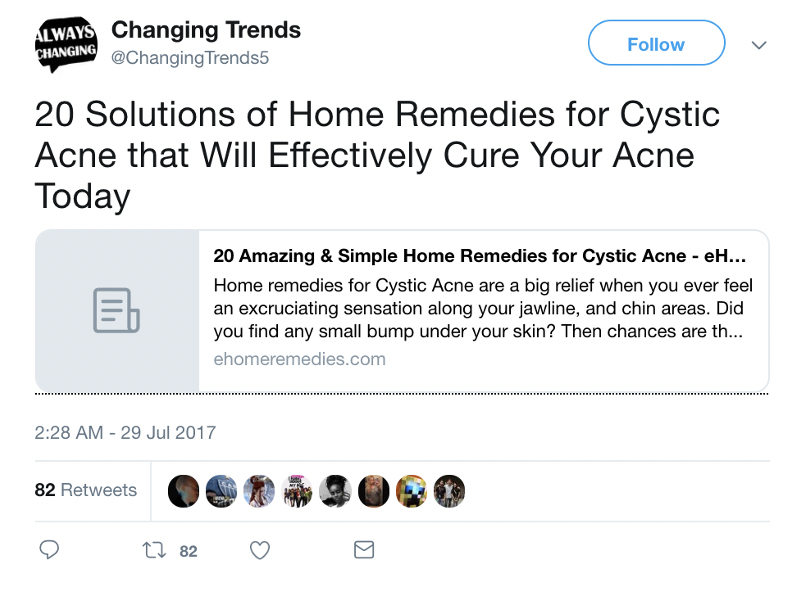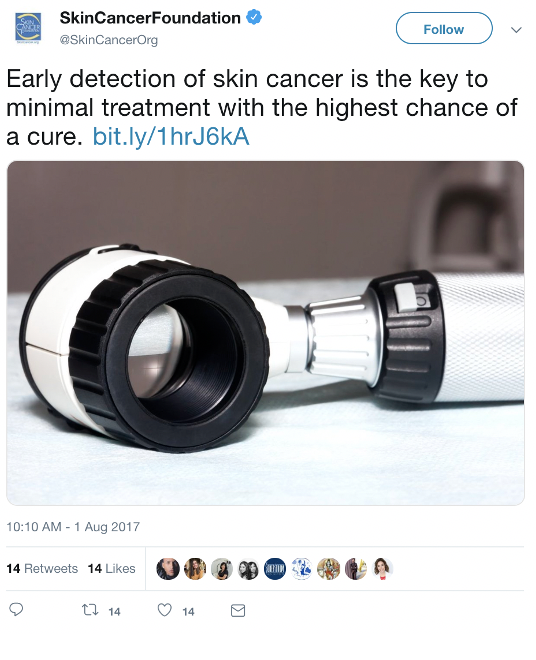#dermtwitter #dermatology
🧵⬇️
And for an abstract in twitter form:
tl;dr ➡️ there's a lot of bogus derm content on twitter, but the most popular misinformation often isn't addressed by the @AADskin's tweets or online patient info articles.
I did, however, notice a lot of tweets like this one:

jamanetwork.com/journals/jamad…

This was the most popular tweet in my entire data set, clocking in at over 35k retweets, which is more retweets than the @AADskin has followers!


It was, however, interesting to observe that the influence of non-expert accounts varied by the disease in question.

